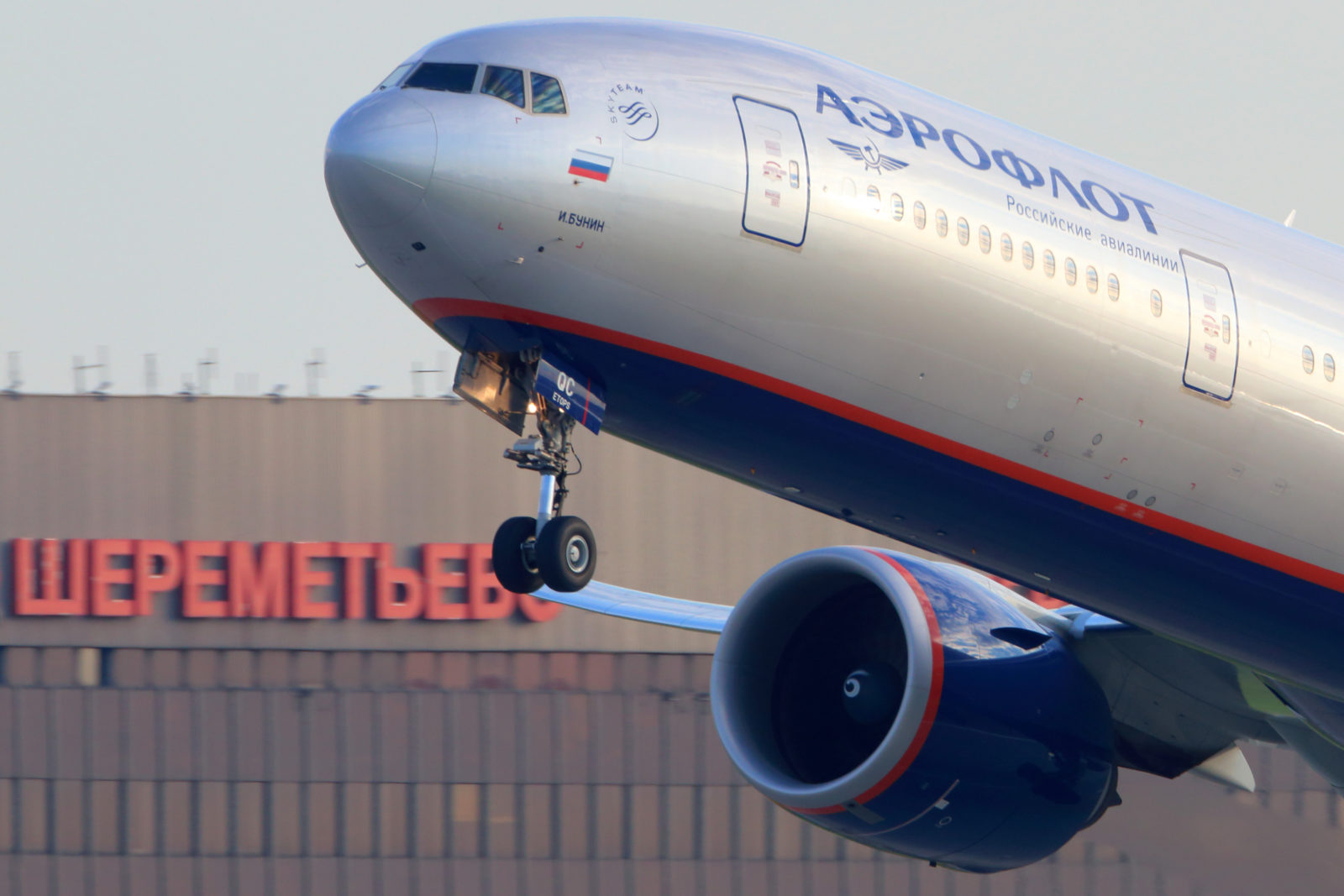
Despite crushing Western sanctions, Russian flag carrier Aeroflot has managed to keep on operating a relatively normal schedule ever since President Putin ordered his invasion of Ukraine in February 2022.
For more than two years, Aeroflot has kept its aircraft flying despite a lack of spare parts and its airplanes are still a similar sight in countries that have chosen to maintain diplomatic relations with Russia, including the likes of China, Thailand, India and the United Arab Emirates.
Predictions of the collapse of Russia’s commercial aviation industry have, so far at least, proven unfounded, despite Aeroflot’s reliance on Western-built aircraft from Europe’s Airbus and Chicago-based Boeing.
But while Aeroflot might be finding inventive ways to keep its aircraft in the air, the airline appears to be struggling much closer to home, with mass sickouts by cabin crew delaying or canceling flights, according to German aviation publication AeroTelegraph.
The situation has become so dire, according to local sources quoted by the publication, that Aeroflot has already terminated three senior executives responsible for inflight services, while the airline is also attempting to lure new cabin staff with big pay rises.
Sources claim that the recruitment drive, organized after the last mass sickout in July when more than 1,500 flight attendants suddenly called in sick at the last minute, appears to be going well, although it might take some time for the situation to fully stabilize.
In the meantime, the airline has decided to reduce the required number of flight attendants that are meant to operate on different aircraft types.
For example, the flagship Airbus A350 widebody aircraft is meant to have a minimum of 10 cabin crew but Aeroflot has now reduced the required minimum number of crew to just eight.
The Boeing 777 can now be operated with 10 cabin crew rather than the previous minimum of 11, and the Boeing 737 and Airbus A321 single-aisle aircraft can now depart with four rather than five cabin crew.
The required number of crew on the Airbus A320 remains unchanged at four flight attendants, as does the Airbus A330 with a minimum number of eight crew members.
Aeroflot is understood to be bringing in these reduced crew sizes as a temporary measure with the hope that its latest recruitment drive, as well as new disciplinary sanctions, will soon allow it to restore the old crew levels.
In an effort to dissuade flight attendants from calling in sick, Aeroflot has threatened to remove airport parking spaces from crew members who have called sick too often. Staff travel benefits such as cheap or free flights will also be removed from flight attendants with a high level of absenteeism.
In July, United Airlines introduced a new sick leave policy after noticing that absenteeism among flight attendants was spiking over weekends. The airline demanded that flight attendants produce doctor’s sick notes if they called out sick from Friday through Sunday in an attempt to reduce the sickness rate.
The policy was slammed by the Association of Flight Attendants (AFA-CWA) which represents crew members at United with union branch president Ken Diaz slating the edict as a “direct and malicious attack on the character of all United flight attendants”.
Despite calls from the union for United’s head of inflight services to resign over the debacle, United held firm. In the end, the carrier quietly ditched the policy after claiming that it had achieved its aim of reducing flight attendant sickouts over weekends.
Related
Mateusz Maszczynski honed his skills as an international flight attendant at the most prominent airline in the Middle East and has been flying ever since... most recently for a well known European airline. Matt is passionate about the aviation industry and has become an expert in passenger experience and human-centric stories. Always keeping an ear close to the ground, Matt's industry insights, analysis and news coverage is frequently relied upon by some of the biggest names in journalism.








wow now they’ll have even fewer than the craptastic us carriers